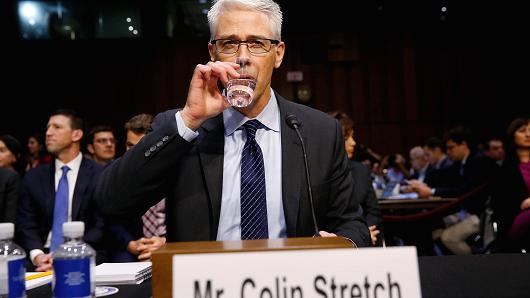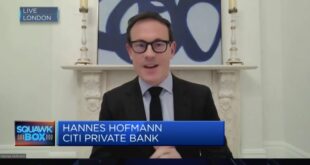
Jonathan Ernst | Reuters
Colin Stretch, general counsel for Facebook arrives to testify before Senate Judiciary Crime and Terrorism Subcommittee hearing on on “ways to combat and reduce the amount of Russian propaganda and extremist content online,” on Capitol Hill in Washington, U.S., October 31, 2017.
Facebook admitted this month that it recommended content produced by Russian operatives to some users, the latest acknowledgment that it underestimated how extensively foreign actors manipulated its platform around the time of the 2016 presidential election.
“This happened in some cases,” Facebook told the Senate Intelligence Committee, in a written follow-up to a November hearing about election interference through social media. “Because we were not aware that these Pages were not legitimate, they were sometimes recommended when people followed similar Pages, for example.”
The answer was in response to a question from Senator Susan Collins, R-Maine, who asked if Facebook’s recommendation engine suggested “to any Facebook user that they view, follow, or join any of the Russian-linked pages.” The letter, dated Jan. 8, was made public on Thursday.
Facebook has been under fire for its failure to either recognize or acknowledge how much Russians were using its service to push propaganda to potential voters. CEO Mark Zuckerberg originally called that a “crazy” idea, before apologizing last year. Facebook then said that 10 million people saw Russian-bought political ads, but later said that 126 million Americans may have seen such content.
Facebook also told the Senate in the response that it has found “insignificant overlap” between Russian-produced pages and ads and those created by the election campaign of President Donald Trump.
 EU News Digest Latest News & Updates
EU News Digest Latest News & Updates


